After releasing coffee varieties resistant to wilt disease, Ugandan agricultural scientists have begun developing Robusta varieties that are drought-tolerant as well.
But because Uganda lacks a biosafety law, researchers said they cannot use faster gene editing tools such as CRISPR-Cas to develop the new varieties. Instead, they anticipate the process will take about 10 years.
Uganda is one of the leading exporters of Robusta coffee in Africa. The cash crop earned the East African country US$559 million last year, according to the Uganda Coffee Development Authority.
But the plant is increasingly threatened by drought and other unpredictable weather patterns, prompting scientists to seek a solution.
“We have to continuously develop better varieties. That’s how it is,” said Betty Magambo, a researcher at the National Coffee Research Institute (NaCORI). “The environment is evolving, we have newer diseases and soils are now less fertile. So, we cannot really just sit back and relax. We have to give farmers options.”
Dr. Godfrey Sseremba, senior research officer at the NaCORI in Kituuza, said the scientists are using molecular or marker assisted selection to develop the drought-tolerant varieties.
“We have identified materials from wild coffee varieties that are drought-tolerant and have studied them to understand their composition,” he explained. “The materials naturally grow in Ugandan forests…and within their germplasm there is diversity which is drought-tolerant.”
So, the scientists are carefully crossing the wild varieties with the improved coffee wilt disease-resistant Robusta varieties. The hybrids are then grown in greenhouses and in other water-stressed areas to observe their performance.
“We use molecular or marker-assisted selection to determine the new varieties contain materials that are drought-tolerant,” Sseremba said. “Because we already know which genes are drought-tolerant, we simply take samples from leaves of these hybrids and test them in a lab to ascertain that they contain DNA that is drought-tolerant,” he continued.
After this, the scientists will use tissue culture to multiply the desired varieties that have both disease resistance and drought tolerance traits.
In addition to drought, Uganda’s valuable coffee crop is facing other problems.
“With climate change comes myriad other challenges,” Magambo said. “For example, we have newer diseases such as the red blister disease which attacks the coffee cherries, causing them to fall off to the ground before they are ready and can be harvested.”
Usually, coffee will flower after the rains, which are typically preceded by a dry spell, she said. But should the sun shine after the flowering stage, most of the cherries will start to fall off and farmers can lose up to 90 percent of the harvest.
As well as causing coffee cherries to fall off prematurely, drought impacts the physical quality of the fruit. The cherries will appear light yellowish in color, instead of red, and will also weigh less – characteristics that can be undesirable.
Magambo said drought was the reason agronomists encouraged inter-cropping or mixed farming for coffee.
“We don’t want our farmers to lose their harvest. So, we encourage them to plant their coffee under shade or within other plantations like matooke [banana],” she said.
But the scientists are also aware of plans to grow coffee in the warmer parts of Uganda, such as Kalamoja and Kiruhura districts, where farmers can’t rely on inter-cropping. They will need improved varieties that can tolerate drought as well.
In separate research, scientists at NaCORI are also grafting the coffee wilt disease-resistant Robusta varieties onto Liberica coffee stems, which are more robust and have stronger root systems that can extend deeper into the soil.
Liberica, locally referred to as Kisansa, also grows naturally in Ugandan forests. But it is not commercially traded there.
Over the years, scientists at NaCORI have developed newer varieties to counter disease and improve the quality of coffee produced in Uganda.
“We started with varieties that are resistant to coffee wilt disease, because it has been the biggest challenge for farmers in Uganda since the ‘90s,” she said.
Their landmark innovation is 10 varieties of CWDr Robusta coffee released in the past decade.
“From Naro 1 to Naro 10, the varieties have been a revelation for farmers, especially the latest one, Naro 10),” said Magambo. “They are disease-resistant as well as higher yielding.”
Farmers who plant the newest CWDr Robusta variety Naro 10 could harvest up to 10 kilograms of coffee cherries per tree, or 10 tonnes per hectare, she said.

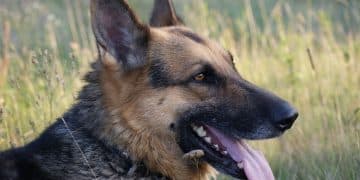

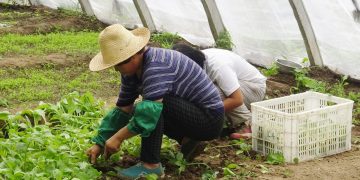




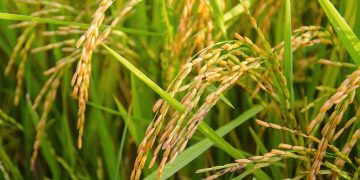











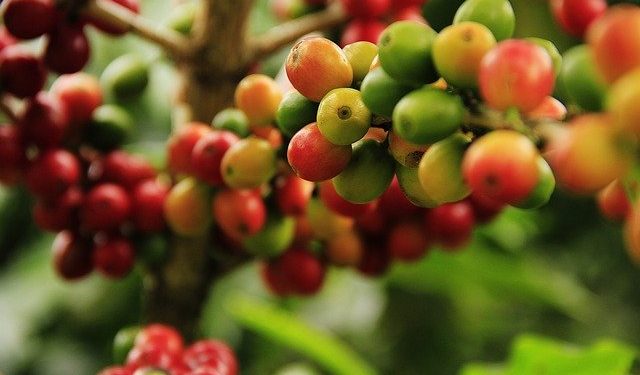
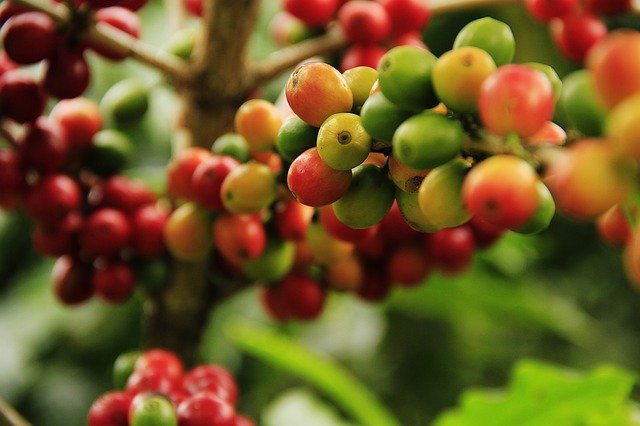


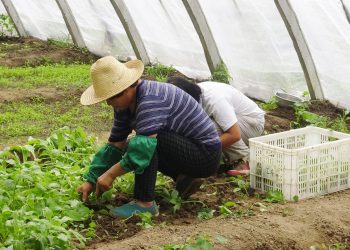

















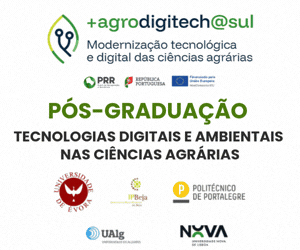










Discussão sobre este post